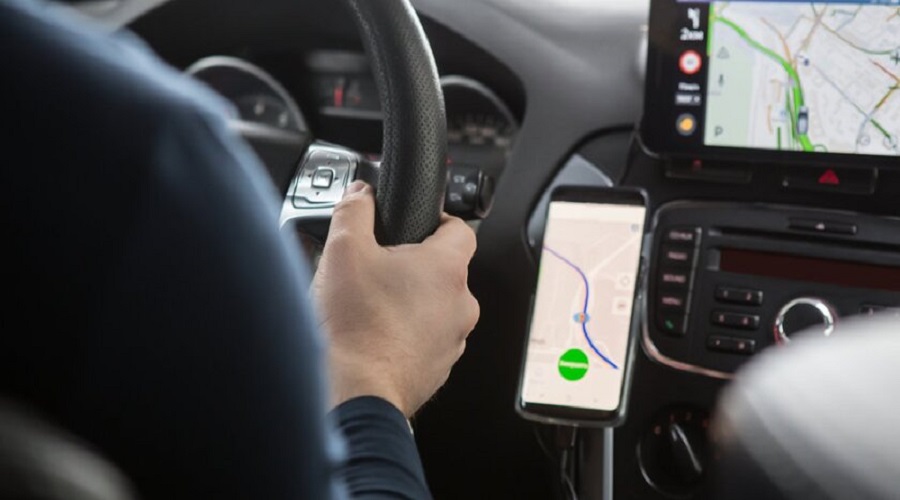- April 28, 2022
- No Comment
- 193
Hacking Becomes the Carjacking: Keep Your Children Safe

We’ve come to exist in an age where there is at least one news story everyday about cyber-crime, cases continuing to rise in proportion to the powerful grip of technology on our lives. Thus far, we felt safe in our cars, a place where we have control, but that seems to be changing. As our cars also have made advances and become almost like extensions of our smartphones, the security and privacy of owners is under threat. With every expansion of technology, another human vulnerability comes to light, and once again, the digitization of cars and other vehicles is another vulnerability to consider for our safety.
The safety issues with the modernization of cars
When talking about external actors using our growing dependence on technology to exploit our vulnerabilities, data privacy is given a lot of weight. But in the case of a car, external influence can be the biggest hazard that impacts physical safety directly. The problem with modern cars includes and doesn’t stop with the lack of a single “gatekeeper.” Additionally, the different types of technologies mixed and patched together for use in cars, means there are too many overseers of technology and also, that protocols are set without prioritizing security. This is done in order to enable fast and complex communication between the different tech systems in the car, while significantly elevating the risk of a breach and access to multiple actors.
Technology in cars has created the same weakness that we have in smartphones and computers, protocol vulnerabilities. ECUs or Electronic control units of a car that give you access to communicate with all subsystems or operating parts of a car such as gears, navigation and braking can now be hacked to give false or misguiding alerts. It also allows hackers to access personal information such as home addresses or phone IPS, and secretly screen record unsuspecting people.
How hackers compromise car systems:
There are simply too many access control points available to car hackers and mainly take the form of applications, and via Bluetooth or WiFi. With infected code, any hacker can use mobile trojans to infiltrate these apps and take control or damage the functions of a car, including unlocking and locking of doors. Wireless key fobs that activate ignition and door locks, work by transmitting signals at precise frequencies, and are extremely vulnerable to attacks. Car hackers work by impersonating these signals to gain unauthorized access or steal vehicles.
How to keep your children and teens safe:
Our cars are second homes to us and our children. And when our children are old enough to drive, teenagers take control at the steering wheel of most of their lives. The safety of our young ones is always at risk of being compromised even with a fully compliant car. Kidnapping, careless drivers and DUI are all everyday hazards that a teen may encounter while driving on the road. A car that has been cyber jacked and is out of control is the last and most terrifying danger that a young person should deal with.
The first step to lowering the risk of your car system succumbing to cyber-attacks is to make sure all systems are up to date. Checking for updates continually online and ensuring that they are in line with the make and model of your car and parts also adds a layer of protection, because updates usually come packaged with defensive protocols. A car owner should sign up for official manufacturer updates so that notifications are received on time and upgrades are the source is legitimate.
Any apps installed in the car should be from verified and signed sources to minimize and prevent possible hacks. Tracking software for your child and teens is one of the best and most necessary steps a parent can take to keep a watch on their Android or smartphone activity, and in this case ensure their wellbeing while traveling in a car or while driving. The spy app reports location, browsing, instant messaging and secretly screens record all activities





